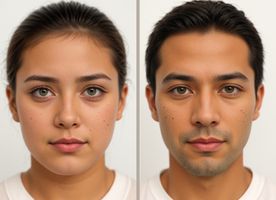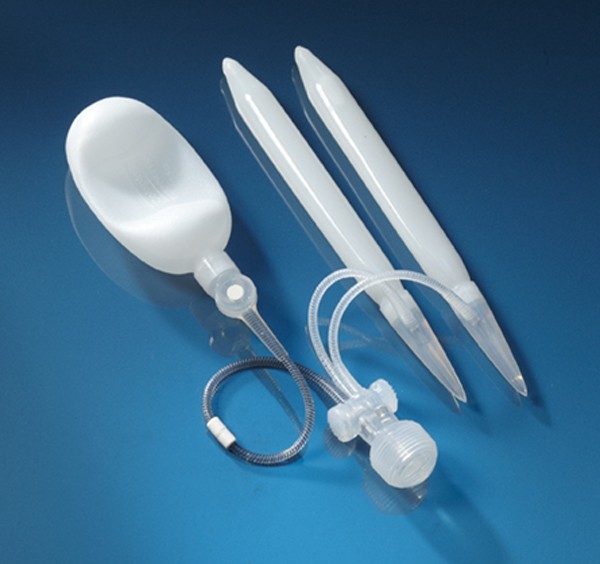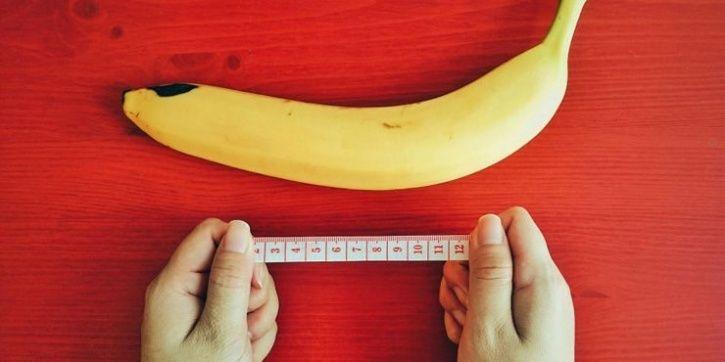Penile Prosthesis in Tunis
Search and Compare the Best Clinics and Doctors at the Lowest Prices for Penile Prosthesis in Tunis




































































































































No Time?
Tell us what you're looking for and we'll reach out to the top clinics all at once
What does a Penile Prosthesis Procedure Involve?
Before the procedure, you will need to consult with your doctor and it is okay to feel nervous about having surgery on the penis and discussing the risks, benefits, and what to expect with your doctor may reduce your anxiety. Sometimes, you may need to undergo some tests before the procedure to make sure there are no underlying health concerns. During your consultation with your doctor, you will have a full discussion regarding the type of implants you can choose. The main types of penile prosthesis are:
- Inflatable devices are the most common type of penile prosthesis used and this type of prosthesis can be inflated to create an erection and can be deflated. There are two models for inflatable devices: three-piece inflatable implant and two-piece inflatable implant. With a three-piece inflatable implant, two cylinders are placed in the penis, an inflatable pump is placed in the scrotum, and a fluid-filled container is placed in the abdomen. These components are all connected by special tubing. When a three-piece inflatable implant is inflated, it will act and feel like a natural erection. A two-piece inflatable implant is similar to the three-piece inflatable implant, but instead of placing a fluid-filled container in the abdomen, the fluid is within the pump that is placed in the scrotum. Also, the two-piece inflatable implant is not as rigid as the three-piece inflatable implant.
- Non-inflatable semi-rigid devices or malleable rods are always firm and are usually bent downward, but it can be straightened into an upward position during sexual intercourse. With this type of prosthesis, your surgeon will place two flexible rods into the penis. The implants maintain a semi-rigid state and will not change size or stiffness.
Once you have chosen the type of prosthesis you want, your doctor will give you instructions on how to prepare for the surgery. You normally will be asked to fast for a certain amount of time before the surgery and to shave the area. During the surgery, you may be given general anesthesia, however, there are some cases where patients are given spinal anesthesia, which blocks pain in the lower part of your body. Your surgeon will also give you IV antibiotics to help prevent infection.
An incision will be made in the penis below the head, and your surgeon will place the implant through the incision. Your surgeon will customize the size of the implant based on your body and penis size. If you choose inflatable implants, your surgeon will make small incisions in the scrotum to place the pump and valve. If your surgeon is implanting a three-piece inflatable device, they will also make incisions in the abdomen to place the fluid reservoir. The incisions will be closed by stitches and the surgery can take from one hour to two hours to complete.
How Long Should I Stay in Tunis for a Penile Prosthesis Procedure?
A penile prosthesis surgery can be carried out at an outpatient surgery facility or hospital. You should be able to go home on the same day of the surgery once the effect of the anesthesia wears off. However, you may have to stay in the hospital for two to three nights. The whole procedure requires at least 10 to 14 nights stay in the Tunis because you will need to attend follow-up checkups and for the stitches to be removed.
What's the Recovery Time for Penile Prosthesis Procedures in Tunis?
After the surgery, you will likely need to take medications to help ease the pain and you may feel mild pain for several weeks. Some swelling and bruising may occur for the first few days. You will be advised to avoid water in the penis areas for at least a week.
Most patients can go back to strenuous physical activity and sexual activity within four to six weeks. It is best to ask your surgeon when you can resume your normal activity and sexual intercourse. During your recovery period, you will have to take antibiotics to prevent infection and the incisions will heal within five days following surgery.
What sort of Aftercare is Required for Penile Prosthesis Procedures in Tunis?
Your doctor will give you post-operative care instructions which you will need to follow. For the first few days when you still have swelling, you can use ice to help to decrease it. However, you should not place it directly on the scrotum or penis as it may cause skin damage. You might need to keep your penis up on your lower abdomen and pointing toward your belly button during your healing process to prevent downward curvature.
Your doctor may also recommend you fully inflating and deflating inflatable implants twice a day so you can practice using the implant. This activity can also help stretch the surrounding tissue. For two weeks following the surgery, you will have to wear supportive underwear or a jockstrap.
What's the Success Rate of Penile Prosthesis Procedures in Tunis?
A penile prosthesis surgery has a high success rate, with about 80% to 90% of men satisfied with the results. Around 90% to 95% of inflatable prosthesis produce erections suitable for intercourse. 60% to 80% of implant devices will continue to work for ten years.
For an in-depth analysis of the pros and cons of Penile prosthesis, watch this short video.
Are there Alternatives to Penile Prosthesis Procedures in Tunis?
A penile prosthesis is one of the best and most effective treatments for erectile dysfunction, but there are other alternatives if you do not want to undergo surgery. Many men can take oral medications such as Sildenafil, Tadalafil, Verdenafil, and Avanafil. Another alternative is to use a penis pump, which is a hollow tube with a hand-powered or battery-powered pump.
This information has been accurately sourced and verified by a medical professional for its accuracy, however, we strongly recommend you to consult with your doctor before pursuing medical procedures overseas.








